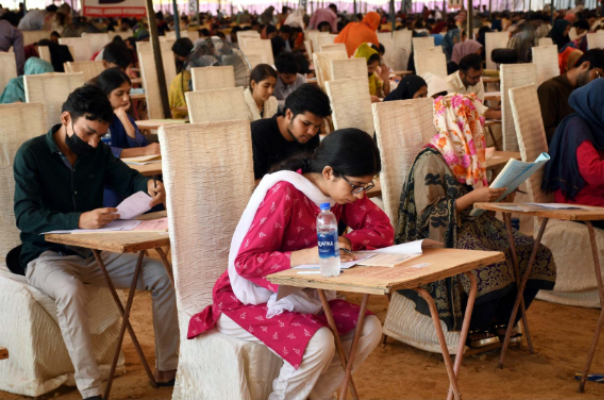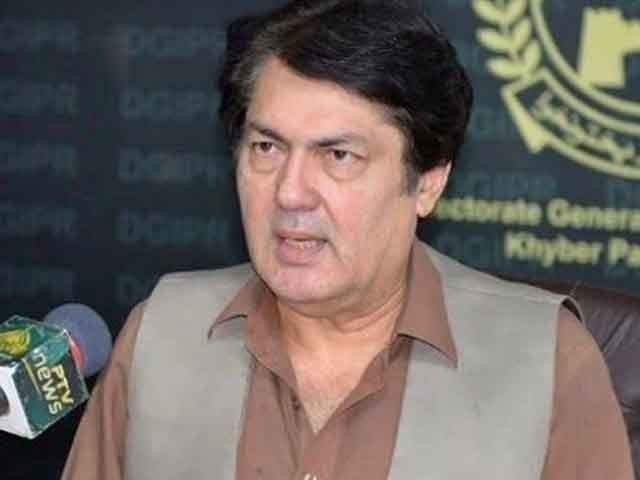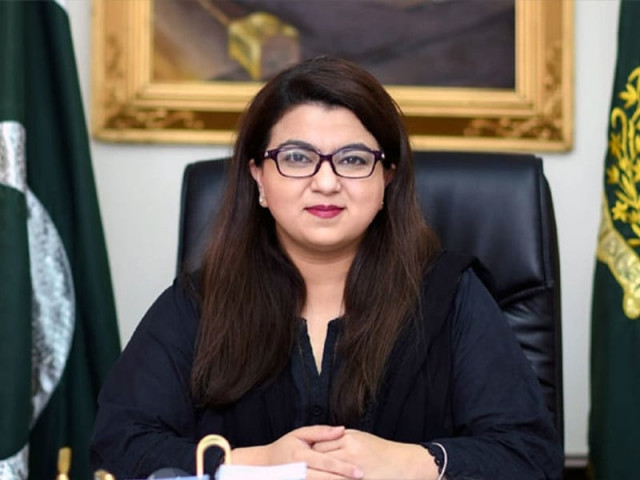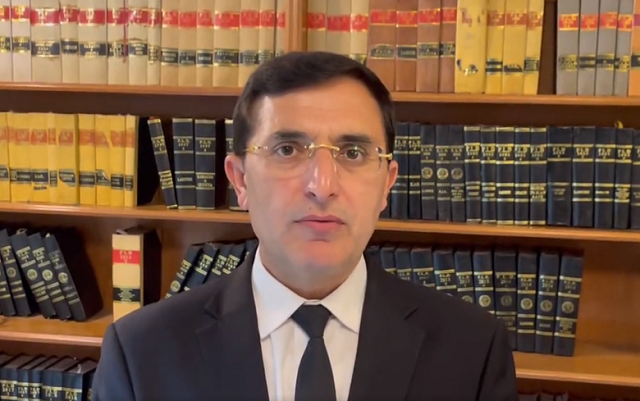Proposed Reforms for MDCAT: A Step Toward Fairness in Medical Admissions
In an important development for aspiring medical students in Pakistan, the National Assembly Standing Committee on Health recently proposed significant reforms to the Medical and Dental Colleges Admission Test (MDCAT). After a meeting chaired by Dr. Mahesh Kumar Malani, the committee emphasized the need for systemic changes aimed at increasing fairness and transparency in medical admissions.
One of the primary recommendations from the committee was to increase the weightage of the MDCAT results in the overall admission process. This change is crucial because it aims to ensure that deserving students have a better chance of securing places in medical schools. Many feel that current admission procedures often overlook students who truly excel, leading to missed opportunities.
The committee also raised concerns about the Pakistan Medical and Dental Council (PMDC) and the examination system’s overall efficiency. With the MDCAT scheduled for Sunday, October 5, there’s a palpable sense of urgency to implement these proposed changes. The lack of uniformity among different exam boards has led to disparities, creating an environment of injustice in student admissions.
To address these concerns, the committee suggested establishing a central examination system. This would create a fairer playing field for test-takers across all provinces. They also proposed developing a databank of 3,000 to 4,000 standard questions to standardize the examination process, which could significantly enhance its reliability and validity.
Furthermore, the committee did not shy away from confronting the PMDC about issues like the unjust de-registration of colleges and political interference in student registration processes. These challenges have long plagued the system, leading to frustration among students and educators alike.
The discussions also touched on the grievances faced by graduates from Kyrgyzstan, highlighting the urgent need for actionable solutions to alleviate their struggles.
In summary, the reforms proposed during the committee meeting are vital steps toward improving the medical education landscape in Pakistan. They not only address immediate concerns but also pave the way for a more robust and equitable system for future medical professionals.
If you’re passionate about medical education and interested in staying updated on these reforms, consider connecting with Pro21st. We aim to provide valuable resources and insights to support students on their educational journey.
At Pro21st, we believe in sharing updates that matter.
Stay connected for more real conversations, fresh insights, and 21st-century perspectives.





